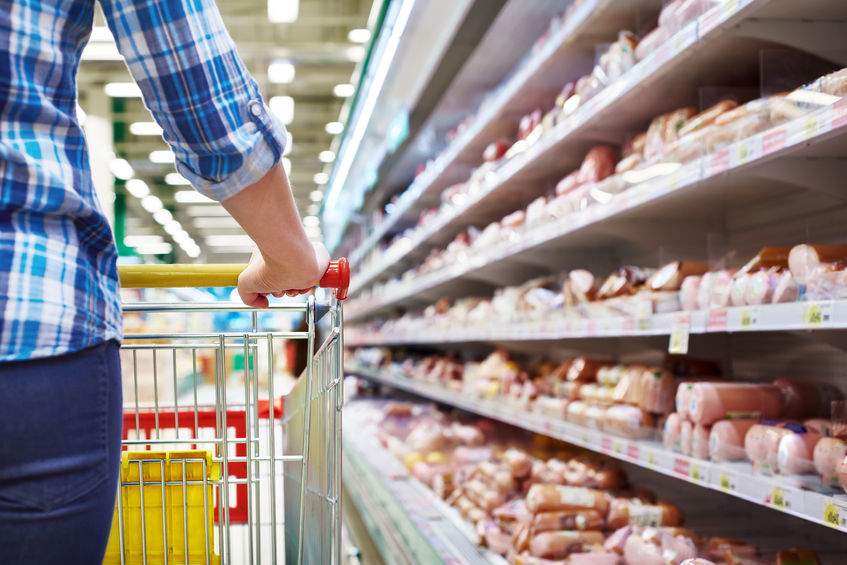
Leaving the EU without a trade-deal would most likely hit low-income families the most, and will see a sharp increase in prices for foods such as dairy and meat, according to new research.
A joint report by the Resolution Foundation think-tank and academics at Sussex University predicted that “just about managing” families in the UK’s poorer regions had most to lose from a 'no-deal' scenario.
It was published after farmers and the food industry dismissed transport secretary Chris Grayling's claims that the UK could become self-sufficient in food after a 'no-deal' Brexit.
The report, titled Switching Lanes, warns that if the UK reverts to most-favoured-nation (MFN) tariffs with the EU under a “no deal” Brexit scenario, then tariffs on dairy products will rise by 45 per cent and by 37 per cent for meat products.
The study says tariff changes will feed through into consumer prices. As a result of reverting to MFN tariffs with the EU, it estimates prices will rise considerably for food products.
It warns that prices of dairy goods will rise by an average of 8.1 per cent and by 5.8 per cent for meat products.
Annual spending rise
It added that overall such price rises will have a significant impact on consumer spending. Annual spending for the average family could rise by around £260.
However, it said this is just an average effect. Some households would experience more significant price rises; 3.2 million households would see price rises of £500 or more.
If the UK leaves the EU without a free trade agreement some have argued that the UK should unilaterally reduce all tariffs to zero.
Resolution Foundation analysis indicates that should the country do this the benefits to consumers would be low. Across those goods affected by the tariff cuts prices would fall by just 1 per cent.
Aside from the fact that unilateral tariff elimination would give up the UK’s best leverage in future trade negotiations, it is also likely that some sectors and parts of the country would struggle to adjust to a sharp increase in competitive pressure.
While the report says that business and industries should not necessarily be shielded from such competition, it states that it is important that the government is aware of where job losses may occur.
The evidence suggests that 1.4 million people are employed across all the sectors that could be affected by trade liberalisation and that the majority of these are in rural areas and in the Midlands and the North.
